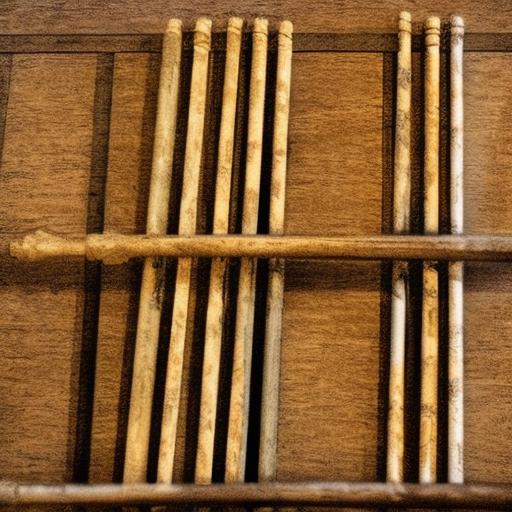The Trial of the Chicago 7
Main Cast and Crew:
- Director: Aaron Sorkin
- Writer: Aaron Sorkin
- Key Actors: Eddie Redmayne as Tom Hayden, Sacha Baron Cohen as Abbie Hoffman, Yahya Abdul-Mateen II as Bobby Seale, Jeremy Strong as Jerry Rubin, Mark Rylance as William Kunstler, Joseph Gordon-Levitt as Richard Schultz, Frank Langella as Judge Julius Hoffman
- Music Director: Daniel Pemberton
- Director of Photography: Phedon Papamichael
- Producers: Stuart M. Besser, Matt Jackson, Marc Platt, Tyler Thompson, and Aaron Sorkin
Plot:
The Trial of the Chicago 7, written and directed by Aaron Sorkin, is based on the true story of the trial that followed the anti-Vietnam War protests during the 1968 Democratic National Convention in Chicago. The film follows seven defendants: Tom Hayden, Abbie Hoffman, Bobby Seale, Jerry Rubin, William Kunstler, Richard Schultz, and David Dellinger, who are charged with conspiracy and inciting a riot.
The trial is presided over by Judge Julius Hoffman, who is biased against the defendants from the start. The defense attorneys, led by William Kunstler, struggle to maintain order in the courtroom as tensions rise between the defendants and the prosecution. Throughout the trial, the defendants clash with each other due to their differing ideologies and strategies.
As the trial progresses, it becomes clear that the government’s case is weak and built on flimsy evidence. The film explores the political motivations behind the trial, highlighting the government’s attempt to suppress dissent and silence the anti-war movement. It also delves into the personal lives and backgrounds of the defendants, revealing their individual struggles and motivations for protesting.
Themes and Motifs:
The Trial of the Chicago 7 explores themes of justice, activism, and the power of protest. It examines the tension between the right to free speech and the government’s desire to maintain control. The film also highlights the importance of solidarity and unity among activists, even in the face of internal disagreements.
Reception and Legacy:
Upon its release, The Trial of the Chicago 7 received critical acclaim for its powerful performances, sharp writing, and timely themes. It was praised for its ability to resonate with contemporary audiences, drawing parallels between the events of the late 1960s and the present day.
The film was nominated for numerous awards, including six Academy Awards, and won the Best Ensemble Cast award at the Screen Actors Guild Awards. It has been hailed as an important historical drama that sheds light on a pivotal moment in American history.
The Trial of the Chicago 7 has had a lasting impact on cinema, serving as a reminder of the importance of activism and the fight for justice. It continues to be relevant in today’s political climate, inspiring viewers to question authority and stand up for their beliefs.
Recommendation:
The Trial of the Chicago 7 is a must-watch film for anyone interested in history, social justice, and the power of protest. It offers a gripping portrayal of a significant trial and the individuals involved, leaving viewers with a renewed sense of the importance of fighting for what is right.
Memorable Quote:
“The whole world is watching!” – Abbie Hoffman












